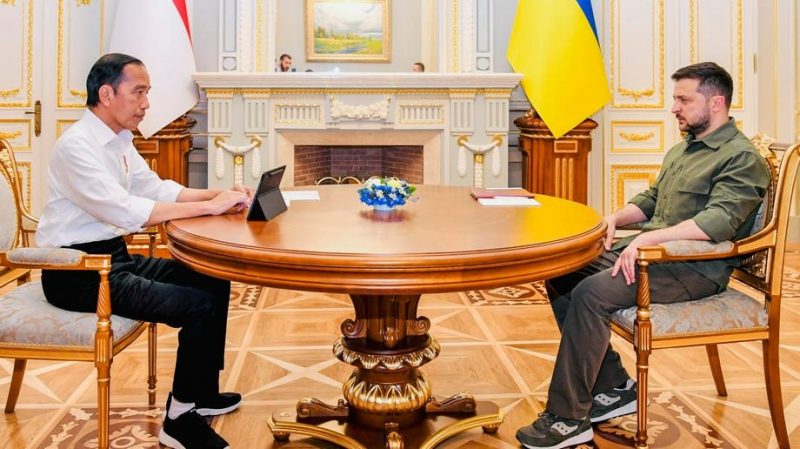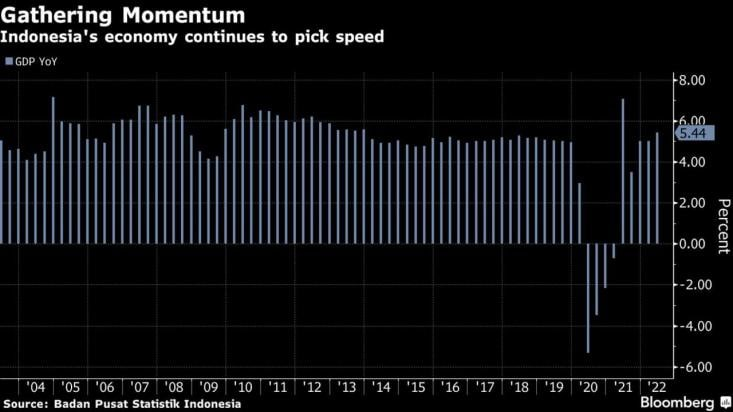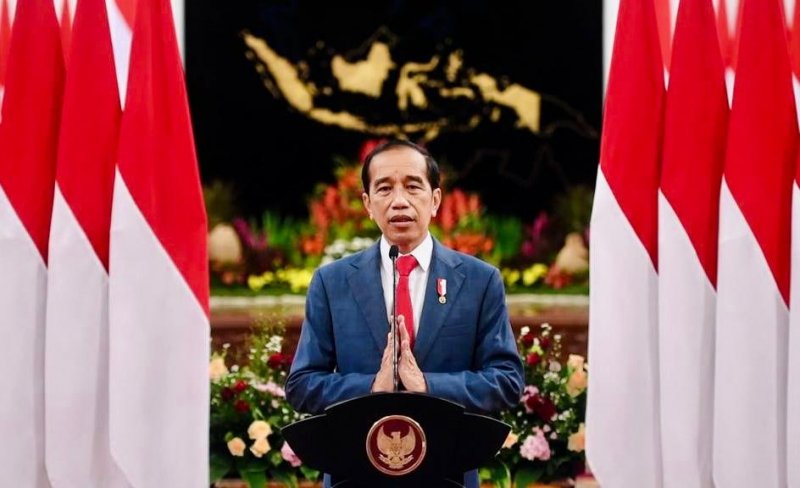Good days await Indonesia
Good days await Indonesia. In Asia, various countries are grappling with crises and problems both big and small: the political and economic crisis in Sri Lanka, the recent catastrophic floods in Pakistan which have paralyzed the country alongside its endless political conflicts, the political tensions and brutal military dictatorship in Myanmar, and most importantly, China’s economic knots. These are some of the major political and economic news stories in the world.
However, there is a country in East Asia that, despite various issues—some naturally stemming from the international economic and health crisis following the spread of COVID-19—has caught the attention of experts with its achievements. This country is Indonesia.
Two good years in international politics
The years 2022 and 2023 have been and will be the years of Indonesia’s prominence in international politics. Indonesia holds the presidency of the G20 and will host the major summit of the group’s member countries in Bali this year. This opportunity might initially seem like a merely formal and artificial position, but in reality, hosting the G20 summit and presiding over this group during this period provides an interesting capability for a country like Indonesia.
To include its desired demands and programs, specifically those related to its own interests, in the research, policy-making, and especially the negotiations of the G20 countries. The finance and economy ministers of the G20 countries will discuss topics where Indonesia’s intentions and goals will have a special place. As the rotating president of the G20, Indonesia has already become a key player.
Joko Widodo, the president of this country, was the first Asian leader to travel to Ukraine in June in his capacity as the G20 president and held important talks with the Russians and Ukrainians to create grounds for ending the war.
One of the specific and interesting issues for a country like Indonesia, which is a collection of islands, is its struggle with the serious consequences of climate change. Like other countries with similar geographical features, Indonesia must simultaneously address issues arising from changes in rainfall patterns, the intensity of droughts, as well as severe rainfall and floods, alongside the rising sea levels threatening the islands. Strengthening international climate change policies is vital for a country like Indonesia, and it will undoubtedly pressure other G20 members on this matter.
Next year, Indonesia will also assume the presidency of ASEAN, which is a leading position in one of the most important economic and political cooperation organizations in Asia and the world. In a situation where East Asia’s political and economic interactions are more influenced by the rivalry between China and the USA than ever before, countries like Indonesia are longing for a golden opportunity like the rotating presidency of ASEAN to exert influence on the organization’s policies.
Indonesia’s unique conditions and strategic position in maritime trade interactions have given it a powerful standing. This factor, in itself, is a significant advantage in dealings with China, a key global exporter, and next year, with Indonesia’s presidency of ASEAN, its weight in East Asia’s political and economic interactions will be amplified.

Indonesia’s major economic achievements are attractive
Indonesia’s economic growth in the second quarter of 2022 has been enviable. Indonesia’s gross national product recorded a remarkable 544% growth during this period, surpassing the highest forecasts about the country’s economy. The growth rate compared to the first quarter of this year was also 372%, which pleasantly surprised Indonesian economic experts.
Indonesia has adopted one of the most interesting and attractive economic and trade policies in the production and export of goods over the past two years. By implementing specific and strict policies on the export of vital goods like coal and palm oil, the country has influenced the global market and demonstrated its power.
With rising prices and increased exports of processed goods, Indonesia has pursued a serious policy of moving away from raw material exports and significantly increased its revenue. The restriction on raw palm oil exports and the emphasis on producing final processed goods domestically brought more income to Indonesia and also impacted the US market.
With the determination of President Joko Widodo’s government, Indonesia has decisively pursued a policy of maximizing domestic production and has achieved significant results. This golden and key point has recently attracted many experts and policymakers to Indonesia. Other Asian countries have taken inspiration from Indonesia and adopted or will soon adopt similar policies, with Malaysia being one of them.

Rising regional prestige of Indonesia as an economic hub
East Asian economic powers now consider Indonesia a relatively equal and serious partner. Indonesia recently joined the regional trade cooperation treaties of East Asian and Pacific countries, which are treaties designed by the Chinese, and will increase the profitability of trade transactions by being flexible with import and export tariffs. Indonesia’s notable bilateral trade agreements with South Korea are a prominent example that will significantly enhance Indonesia’s position as a partner to a giant like South Korea by eliminating most of the customs tariffs.
The automotive industries, especially electric vehicles and the extensive battery production networks in Indonesia, have gained a special position that attracts investment from other countries, and large amounts of capital from prominent Korean companies like LG have flowed into the country. Hyundai, as one of the prominent players in the automotive industry, has also found Indonesia a suitable place for major investments.
Indonesia is experiencing an inflation rate of less than five percent, which is enviably low compared to many developing countries and gives the country’s central bank flexibility in policymaking. In these circumstances, the government can more comfortably undertake reform policies such as adjusting the large fuel subsidies paid to citizens, and although the news of a 30 or even 40 percent fuel price increase is still concerning for Indonesians, the conditions are such that enduring the pressure of such a price change is easier for them than for other countries.
Indonesia’s production policy and a lesson for Iran
Economic and political analysts have examined and continue to examine the special policies of this country’s government in increasing production capacity and processing various products domestically from different angles. It should be noted that for some time now, news of the ban on the export of specific raw materials from Indonesia has been broadcasted and often fades among other news.
The Indonesian government has pursued this policy seriously and step by step, and now the nickel production industry, as a key mineral in battery production and other items that have seen a hot market in these specific years post-COVID crisis, is under the influence of Indonesia’s power. The ban on raw nickel exports has multiplied the capacity to attract domestic and foreign investment in this industry within the country.
Meanwhile, Iran, specifically in the copper industry, is losing the significant advantage of maximum processed copper production and is handing over its massive capital to the Chinese, who, more than having copper mines, boast a massive copper processing industry within their country and have gained enormous wealth from this path. Iranian copper companies also do not have a transparent track record and spend vast amounts of capital on sports and entertainment, which is more a display of money laundering, and it is unclear how much tax has been paid by them in these days of sanctions and hardship for the Iranian people.

